
zlatni mladić (金色年华) (馆藏)【塞尔维亚语】
¥ 230 八五品
仅1件
北京石景山
认证卖家担保交易快速发货售后保障
作者AUGUST CESAREC
出版社ZORA
出版时间1970
装帧精装
页数296页
上书时间2016-07-14
- 最新上架
商品详情
- 品相描述:八五品
- 商品描述
-
August Cesarec (4 December 1893 – 16 July 1941[1]) was a Croatian writer and left-wing politician.
Cesarec was born in Zagreb, which was part of Austria-Hungary at a time. As a high school student he was involved in radical nationalist politics and joined the group that tried to assassinate Croatian ban (viceroy) Slavko Cuvaj. For his role in failed assassination he received two years of prison sentence, which he served in Sremska Mitrovica penitentiary.[1] There he began to study books of Stirner and Kropotkin, which gradually led him to adopt Marxist philosophy. From 1915 to 1918 he served in Austro-Hungarian Army and experiences of World War I made him into an enthusiastic supporter of October Revolution and Communism.[citation needed]
After the war he became a member of the Communist Party of Yugoslavia. Because of that he often had to deal with police and emigrate to Prague, Vienna, Moscow and Spain, where he spent some time during Spanish Civil War.[citation needed]
Cesarec, who had discovered his literary talent in teenage years, was also known as one of the leading Croatian literary figures of his time. He wrote poems, plays, short stories and novels and participated in literary magazines run by Miroslav Krleža. Cesarec's work was heavily influenced by his politics and ideology - in his plays and novels Cesarec expressed his utter disgust for capitalism and bourgeoisie, portraying characters belonging to that social class as vile, corrupt and perverse monsters.[citation needed] His novel Zlatni mladić (Golden Youth) was so popular that the phrase zlatna mladež ("golden youths") entered Croatian vocabulary and was reintroduced in 1990s in order to describe spoiled children of post-Communist nouveau riche.[citation needed]
In March 1941, a few days before the Axis invasion of Yugoslavia, he was arrested and interned in Kerestinec prison together with some 90 leading members of Croatian left-wing intelligentsia. Few weeks later the prison was taken by new Ustasha regime. On 9 July, the Ustashas had ten prisoners, including Božidar Adžija, Otokar Keršovani and Ognjen Prica, shot as retaliation for Partisan activities.[citation needed]
Fearing the rest of the inmates would be shot soon afterwards, Croatian Communist Party organised a prison-break on the night of 13 July. The prison guards were overtaken and inmates escaped. But the operation proved to be poorly organised and most of the prisoners, including Cesarec, were quickly recaptured and shot in Maksimir woods few days later.
— 没有更多了 —












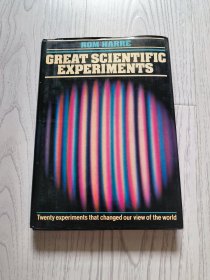
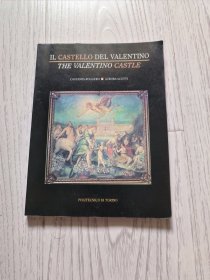
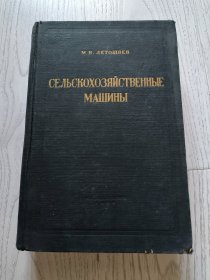
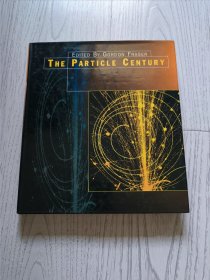
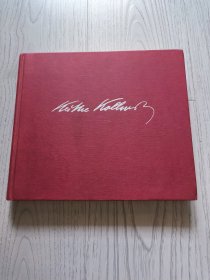
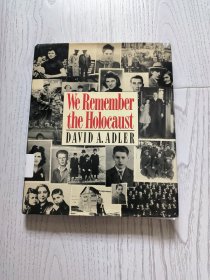
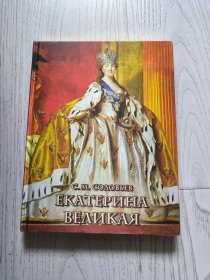
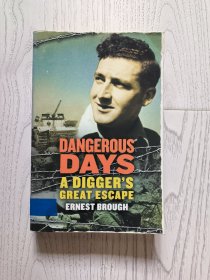

以下为对购买帮助不大的评价